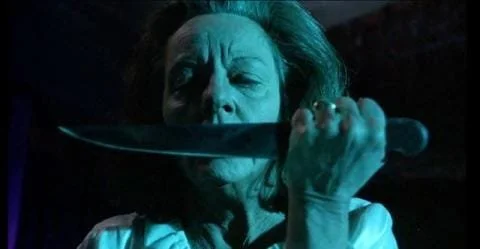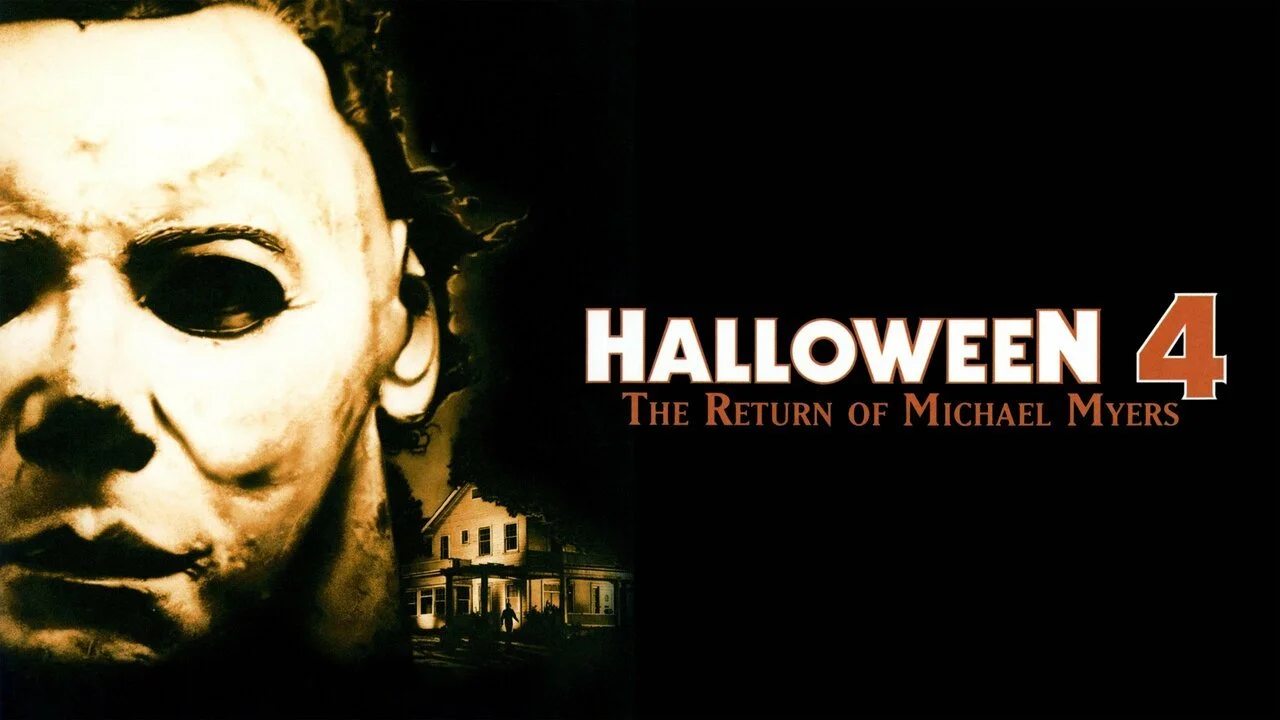With the experience of writing and directing five shorts, Glass then made her first feature - Saint Maud in 2019. It’s a slow burn psychological horror. I’m going to be very careful how much I share about the story. I want you to go into this dark with no spoilers.
My immediate reaction when I saw this film on streaming in 2021 was breathtaking. I was almost left speechless after the first time I saw this modern masterpiece. Yep, I said masterpiece. Expectations are high now. I hope you agree with me.
Saint Maud is perfection in every respect - storytelling, cinematography, performance, score… Glass’ feature directorial debut is a revelation. She wrote the screenplay, the story had been developed from an initial concept when she was in film school in 2014.
Glass stated in an interview: “I started coming up with a version of the idea a while ago, when I was finishing my M.A. at National Film and Television School, in 2014. A couple of years later, I started writing the script. The initial premise was the idea of a love story between a young woman and a voice in her head. At the time I was reading about people who hear voices, and the various conditions that can lead to that. I also wanted to make the kind of films that I like, which are very subjective. We all live in the same world, but we’re all confined to our bodies and all experience reality subjectively. You never really know what’s going on in someone else’s head”.
When I was little, about 5, I used to imagine myself sitting cross-legged in my head with a huge volume open on my lap where all my thoughts, memories and ideas were kept in the pages of my own mind. I’ve always been fascinated what it might be like to walk in somebody else’s shoes. It’s hard to be human sometimes, it’s a struggle. What if I was born into another body and life? What would that be like? When I start thinking about this, which is often, I have to stop before I start going mad with all the what if’s. This curiosity of mine of what it might feel like to walk in someone else’s shoes is one of the reasons Saint Maud got under my skin.
When women write and direct films they often create complex and layered female protagonist’s who are floored and relatable to female audiences and audiences who want to see diverse perspectives. Glass wrote two strong central female characters, and produced knockout performances in Morfydd Clark who plays hospice nurse Maud and Jennifer Ehle who plays former dancer and terminally ill patient Amanda Köhl.
If you love this film like I do, I recommend listening to Modern Horror Podcast’s episode on Saint Maud by authors Tony Black and Hugh McStay who agree with me that this is a modern horror classic. Their Modern Horror Podcast is taking deep dives into horror films from 2010 onwards. Lots of spoilers, so don’t listen to any episodes if you haven’t already seen the film. They’ve recently done an episode on Doctor Sleep which I want to check out after Jack’s screening.
Also check out The Evolution of Horror podcast interview with Rose Glass. Glass describes her film as a psychological horror, but says she’s not concerned about genres, she’s more interested in the dread created by this character study, and stated that although she loves the horror genre and Rosemary’s Baby is one of her favourite films, the main influence behind Saint Maud is Martin Scorsese’s Taxi Driver. Both Taxi Driver and Saint Maud create dread through a story solely told from a central character’s point of view, and the tension builds as they reach breaking point.
Glass went to a Catholic school but isn’t religious herself. Her firsthand knowledge of Catholicism brings authenticity to the story. Glass is interested in the psychology of faith. What it is that gives some people faith, and the difference between an atheist, and someone who is religious. Interestingly Glass says in the interview that she is less of a staunch atheist than she was before making Saint Maud, but more about the idea that there is the unexplained and things that bind us together. Glass doesn’t agree with the moral controls religion puts on people. She states the film isn’t anti-religion, more a study in where mental health and Maud’s own version of religion meet.

























